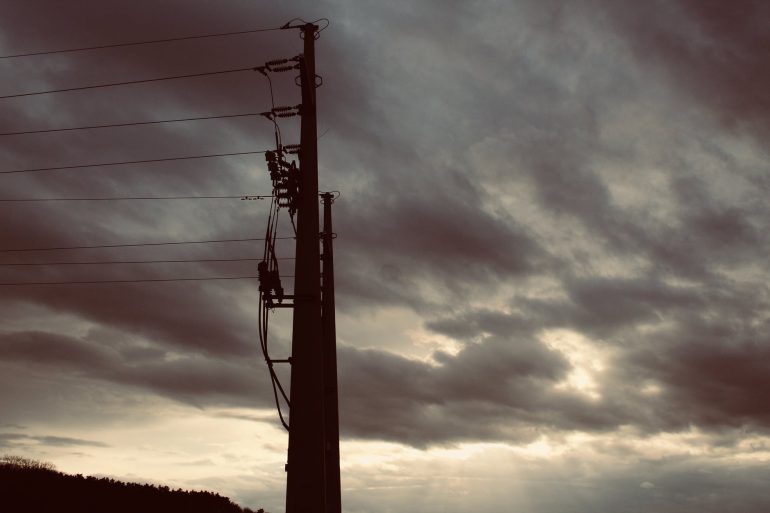
Testing & Commissioning engineers test systems, equipment, and plants to ensure that they perform properly and produce the intended outcomes. As a result, the product or system is brought to a point where it may be used most effectively. As a result, commissioning engineers must have a solid understanding of manufacturing, systems, and testing activates. A detailed, methodical commissioning strategy can shorten the period between completion and the start of facility operations while also ensuring that the equipment and systems installed are up to mark. Systems must be tested and commissioned to ensure that they are safe and meet the design criteria. This can occur in a variety of areas of a business or structure, necessitating further checks of the electromechanical relays to ensure that they are functioning properly and that the electrical system is protected.
Work activities
- Identifying issues and flaws in the current system
- All electrical equipment, including transformers, HV/MV/LV switchgears, protection relays, and other relevant services testing equipment, testing on site.
- Coordination of testing and commissioning activities, as well as advice on methods and documentation for testing and commissioning.
- Testing of sophisticated protective relays, transformers, HV/MV/LV Switchgear, MV/LV MCC, Protection Panels, and other related services.
- Test and commissioning documentation preparation.
- Conduct testing and commissioning activities in accordance with the site’s specifications.
- Customer training, communication, and protective relay configuration, as well as an update to the test procedure.
- Monitoring progress, recording all test results, seeing final equipment testing and acceptance, and compiling all documentation for inclusion in the site test document
- Ensure the safe testing and commissioning of complete installations in order to achieve the required plant performance as per the project timeline
A well-thought-out commissioning strategy can make or break a project’s budget and timeline. It can help a company save time and money at every stage of a project, while also preventing safety and operability issues, increasing productivity, reducing downtime, and, perhaps most importantly, giving the person in charge of starting up the plant the confidence to finally press that green button. Commissioning Engineers are critical in the planning and oversight of new electrical projects. They have mechanical or electrical engineering degrees and are well-versed in rules.
